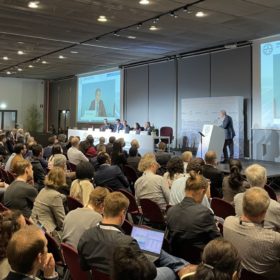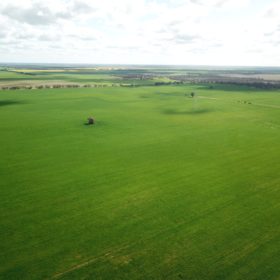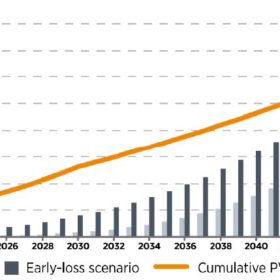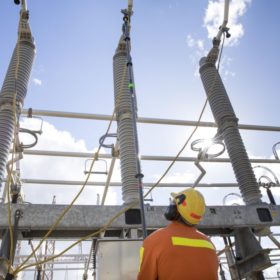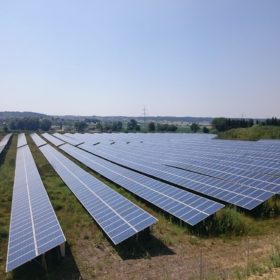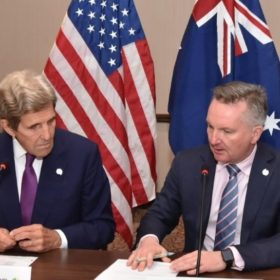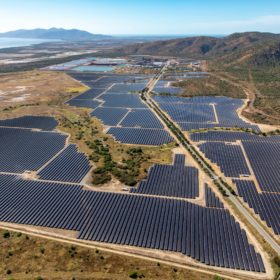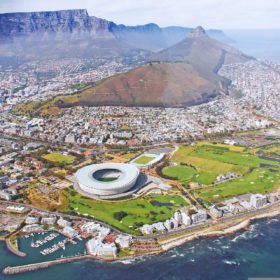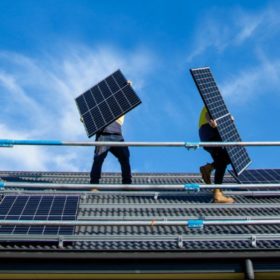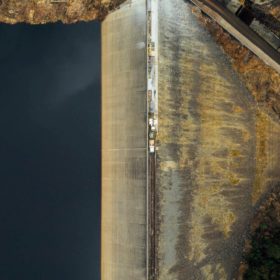‘The first terawatt of solar PV installed globally took some 70 years to achieve, while the second will likely take only three’
Leading solar researchers from around the world are meeting for the first time in four years in Milan, Italy, for the 8th World Conference on Photovoltaic Energy Conversion (WCPEC-8). The first morning has seen prestigious awards bestowed on two scientific leaders and inspirational discussions as to how the “second terawatt” of solar can be installed globally in just a handful of years.
Edify wins government grid forming battery contract as Victoria pushes storage
Edify Energy has been awarded the contract to deliver a grid forming, lithium-ion big battery in Victoria, which will provide system support services for Victoria Murray River Renewable Energy Zone and contribute to the state’s new storage targets.
IEA PVSP predicts high-cost, low-revenue scenario for solar recycling
A recent report by the International Energy Agency Photovoltaic Power Systems Programme (IEA PVSP) reviews the current regulatory and industrial landscape for end-of-life PV management in Germany, France, Italy, Spain, Japan, South Korea, China, Australia, and the United States.
Tomago Aluminium ramps up renewable energy plans
New South Wales’ largest electricity user, Tomago Aluminium, is accelerating its plan to abandon coal-fired power, revealing it is looking to collaborate with key industry partners to develop new and innovative renewable power generation and energy storage projects.
IRENA highlights solar critical to ASEAN energy transition
Indonesia will have to get to work installing more than 24 GW of solar this year – and every year – if the region is to achieve the 2.1 TW to 2.4 TW of photovoltaics the International Renewable Energy Agency has estimated it will require to achieve a net zero carbon energy system by 2050.
Australia backs new US deal to deliver billions in clean energy investments
The U.S. Department of State has suggested companies including Google, Unilever, and Amazon could invest billions of dollars in Australia’s renewable energy sector as a result of a newly inked clean energy initiative.
Ark Energy floats 3 GW renewables hub for Queensland
International metals group Korea Zinc’s Australian subsidiary Ark Energy has announced it will build 3 GW of renewable energy generation in north Queensland as part of plans to produce more than 1 million tonnes of green ammonia per annum for export by 2032.
Cape Town tenders for solar in bid to escape dependence on troubled utility
The city authority wants a developer to construct a 7 MW solar project for it as part of a push to widen its sources of electricity, and says clean energy will be cheaper than – largely coal-fired – grid power from Eskom.
Shift in energy system helps Victoria smash emissions targets
Victoria’s ongoing transition to renewable energy sources, including the installation of hundreds of thousands of rooftop solar PV systems, has helped the state “smash” its 2020 emission reduction targets on the path to net zero by 2050.
Pumped hydro storage takes shape in the Philippines
Prime Infra recently acquired a 500 MW pumped storage hydropower project in Rizal province in the Philippines. The company is also developing a 1.4 GW facility in the country.
